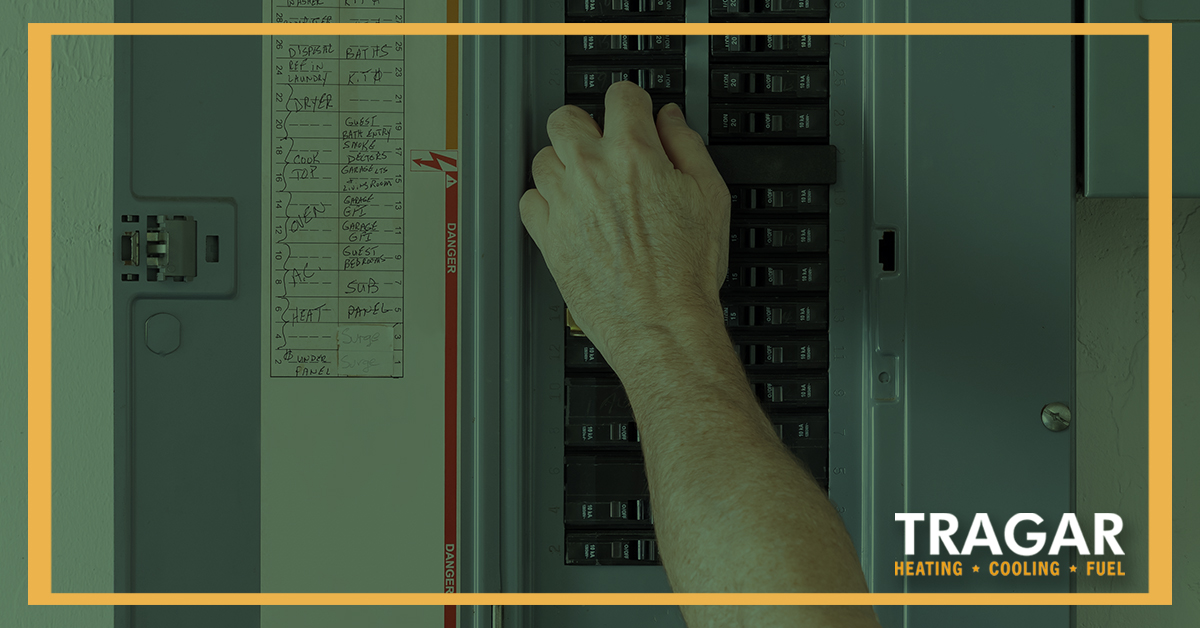 Long Island is an ever updating and expanding suburban sprawl with an increasing mix of recently built modern homes right next to homes several decades old. While some more modern homes are designed to accommodate HVAC systems running throughout to evenly distribute heating and cooling, older homes may not be equipped. Many homeowners on Long Island are in houses or units that don’t have even heating throughout, resulting in some rooms being warmer or colder than others.
Long Island is an ever updating and expanding suburban sprawl with an increasing mix of recently built modern homes right next to homes several decades old. While some more modern homes are designed to accommodate HVAC systems running throughout to evenly distribute heating and cooling, older homes may not be equipped. Many homeowners on Long Island are in houses or units that don’t have even heating throughout, resulting in some rooms being warmer or colder than others.
One of the ways to help offset that is through the use of heat pumps. These HVAC units are designed to move warm air from one source to another. Like all electronics and equipment using electricity in your home, there runs the risk of tripping your circuit breaker. If your heat pump seems to be tripping your circuit breaker, we can narrow down the causes to help prevent that in the future and give you and your family peace of mind.
What Type Of Breaker Do I Need For A Heat Pump?
One of the most likely reasons a heat pump could be tripping your circuit breaker is that it requires more amps than that particular breaker can handle. This is why working with heat pump experts on proper installation and maintenance is key.
A smaller heat pump with a 1.5-ton capacity (for example) would need a breaker that can handle at least 20 amps. A larger home heat pump with closer to a 6-ton capacity would need at least 60 amps. If you’re updating your heat pump to one with a larger capacity, switching the location, or anything like that without expert help… that could be the cause.
Will A Bad Heat Pump Capacitor Trip A Breaker?
A bad capacitor on any device (including a heat pump) can absolutely trip your circuit breaker. What a bad capacitor will do is pull additional amps to get the device in question started. As a result, if you have a heat pump requiring 20 amps and the breaker can handle 20, then by needing to pull additional amps to get started is causing the breaker to go over its limit – resulting in tripping the breaker in question.
Can A Power Surge Damage A Heat Pump?
A power surge can run the risk of damaging any affected equipment in your home. Power surges, for example, can damage the wiring that’s necessary for your heat pump to work properly as well as damage the capacitor.
As discussed above, a bad capacitor can pull more amps to start your heat pump up. You may have experienced a power surge and didn’t realize the heat pump’s capacitor was damaged,. This can create a situation where your circuit breaker is being tripped despite it previously being connected to a breaker that was appropriate for power usage.
Tragar Home Services Are Long Island’s Heat Pump Experts!
On Long Island, heat pumps are a fantastic way to augment your overall home heating strategy while saving money in the process. And Tragar Home Services is Long Island’s trusted name for handling your home heating needs. We have the fastest emergency response time in the area at just two hours. Our highly trained professionals can evaluate your HVAC systems, perform maintenance, repairs, and even work with you on installing a new system with a maintenance plan if necessary. Contact us today and enjoy some peace of mind for you and your family for years to come.
